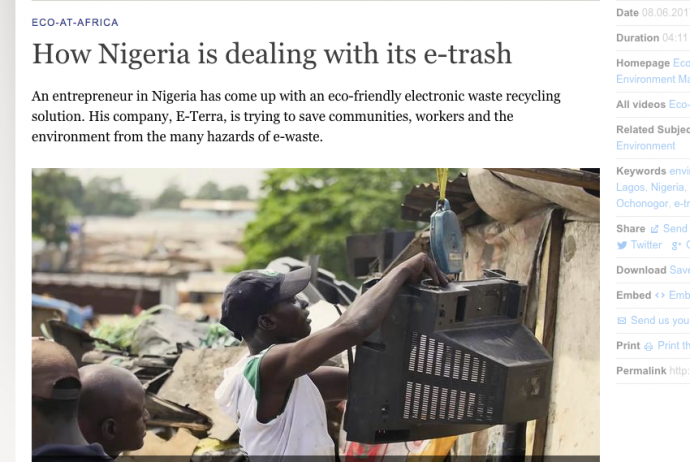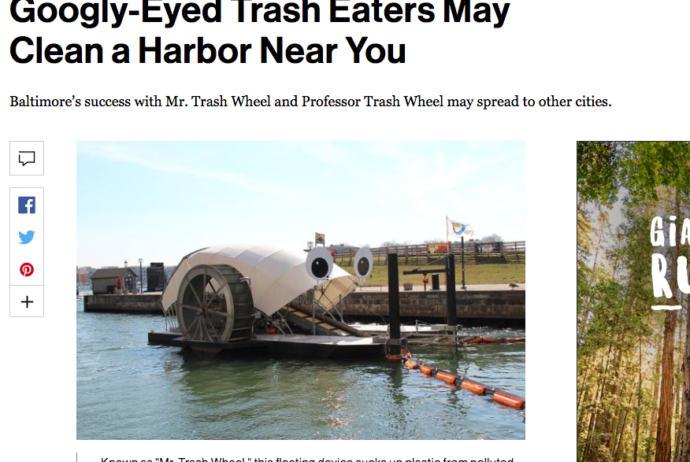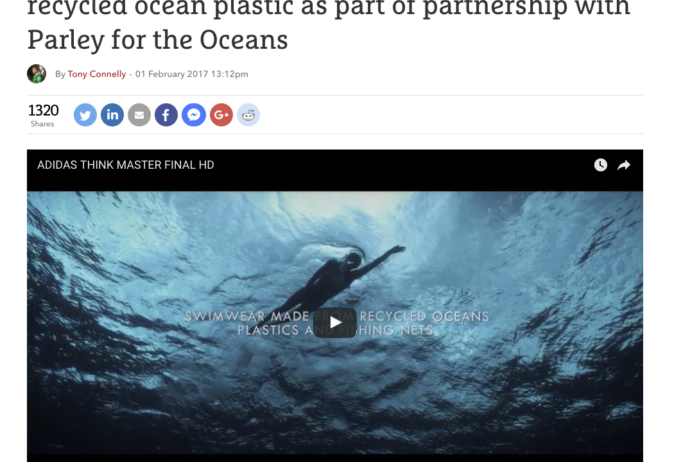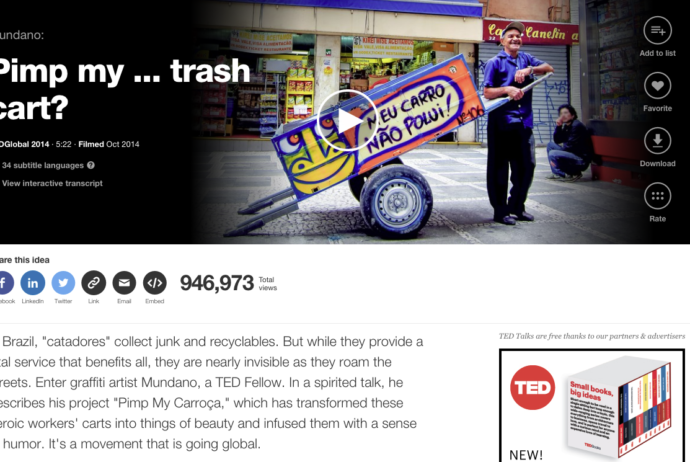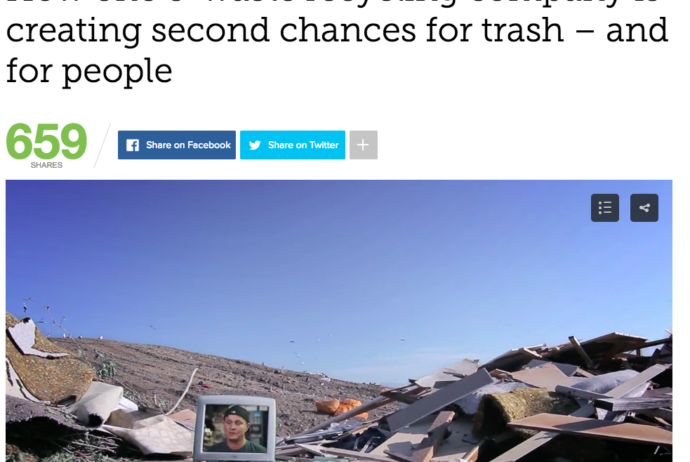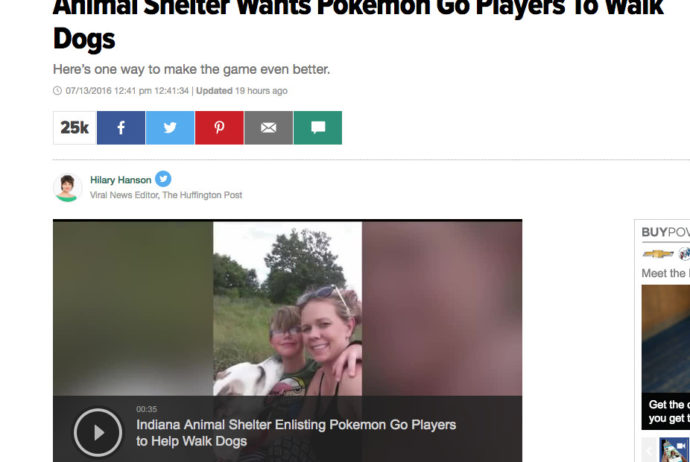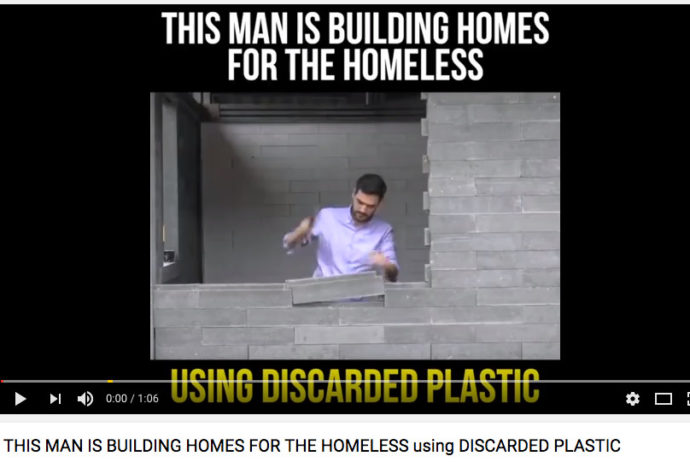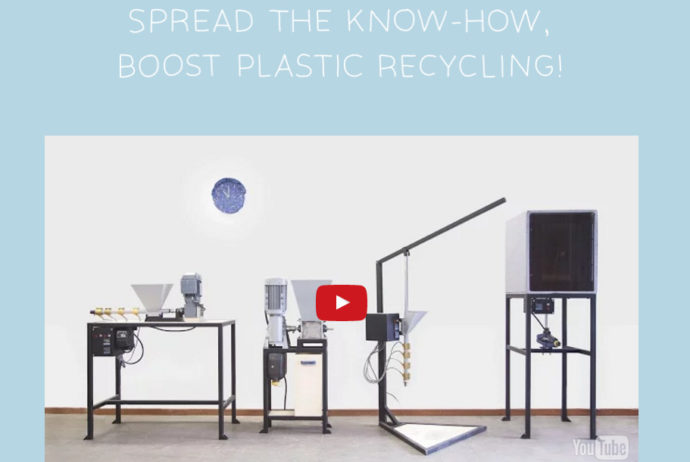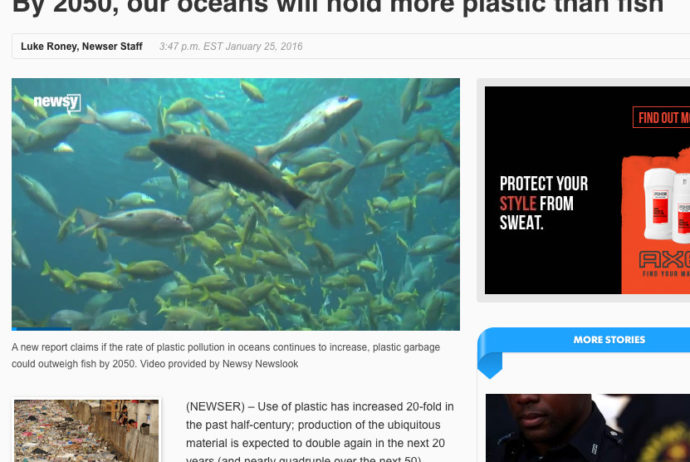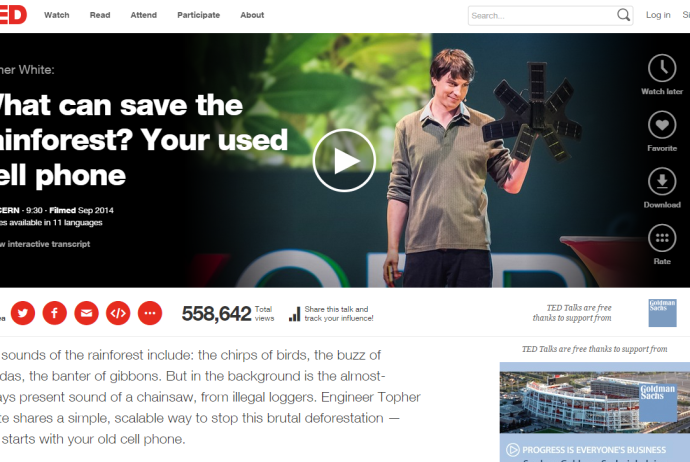With technology improving, there’s bound to be an increase in e-trash along the way. With developing countries like Nigeria being bombarded with old electronics, most of them have come up with solutions to deal with them. Ifeanyi Ochonogor founded E-Terra Technologies Limited, a company in Nigeria that sorts through electronic parts, pick out components to be properly thrown away or sold for profit, and help clean up for their communities.
Not only are they preventing from any hazardous chemicals from getting into their soil and natural resources, but they are demonstrating to their community of taking action against trash.

